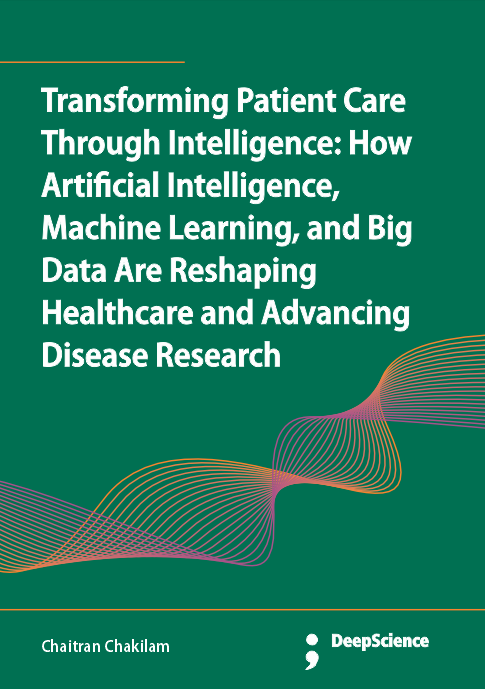The future of smart hospitals and digital clinics powered by scalable artificial intelligence infrastructure
Synopsis
One way to unlock the transformative potential of industrial artificial intelligence is to build a cooperative and accessible structure that facilitates the creation of novel and versatile AI models, allowing a broad range of stakeholders to benefit. Such a facility is described, which permits the effective development and execution of medical information research projects, as well as the assessment of the resulting AI models’ generalizability. A healthcare AI information acquisition framework was used to create a scalable research consortium that may facilitate the development and distribution of AI technologies. Requirements to safeguard patient privacy, manage data effectively, and adhere to institutional standards while enabling a seamless and productive workflow are reviewed. In conjunction with the systematic treatment of clinical data, a broad collection of clinical data translation automation pipelines was produced. To support various research projects, these sources are unified under a general platform, which guarantees the coordinated management of all informed activities. Artificial intelligence (AI) applications in healthcare are committed to advancing patient safety, fostering cooperation with professionals and improving patient outcomes. There are currently existing AI technologies that can be combined with medical professionals to help the diagnosis and procedure of ill health, forecast and stratify risks and enhance patient and clinician productivity effectively. AI technology research devoted to information transparency, data science involvement and patient need conditions on confidentiality is increasing. With the Health Information Technology for Economic and Clinical Health Act in 2009, numerous services have adopted electronic health records (EHRs) that offer a wealthy provider of security data. Nevertheless, the bulk of EHR programs still shop patient records in heterogeneous frameworks often combined with previous models. Likewise, there is a lot of published but complex, difficult to implement and effective documentation. The study aims to provide a scalable, collaborative and resource-effective framework for acquiring and transforming clinical information through the machine-learning-ready creation of datasets.












